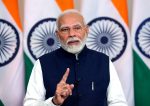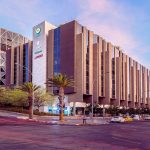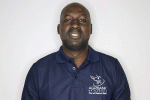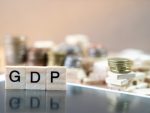By Christoff Bauernschmitt
For years, building wealth in Namibia appeared to be the reserve of a lucky few, high-paid professionals, successful businesses, or wealth passed down from generations. Traditional investment vehicles like housing, shares, and pension assets have been the corner stones of building wealth, yet beyond the financial reach of ordinary citizens. This story is set to change. A new era of alternative investments is opening up doors for more Namibians to build better, more diversified portfolios and claim their share of future prosperity.
Alternative investments are not necessarily complicated but rather hold opportunities beyond traditional stock market and bank savings. They include things like unit trusts that are accessible with the possibility of relatively small monthly contributions, infrastructure funds that enable everyday people to invest in the development of Namibia, or special investment schemes based on industries like renewable energy, housing, or agriculture. These are no longer mere opportunities for the select few, they are increasingly becoming a part of everyday conversation among educators, policemen, nurses, small business owners, and budding professionals looking for more than a mere savings account.
Take the case of a teacher, who, instead of keeping all their money in a fixed deposit, also invests a little bit each month in a diversified fund which again on its turn invested in infrastructure buildings or relevant broad base investments. They are not only saving for themselves; they are investing in building the roads, hospitals, and schools of the country’s future, and earning their part of the reward. Or consider a young entrepreneur in who wants their money to work for them but still retain some flexibility. Instead of being excluded from the universe of investments, they now have options to be able to access structured investment products at lower points of entry and advice that are appropriate for their risk profile.
Democratisation of wealth isn’t sophisticated products that only finance gurus understand. Democratisation of wealth is making plain, transparent offerings to enable more people to secure their financial futures, plan in the long-term, and benefit from economic prosperity. Democratisation of wealth is making investing something inclusive and not frightening.
And, yes, making access available means raising awareness too. Most of Namibians still consider investing in terms of risk, uncertainty, or the notion that you need to be “rich” first before you can start. The new future holds some of that better education, showing that it is wonderful to start small, that clever diversification can manage risk, and that steady investing over time will often beat seeking high returns. It’s about helping people see that with the proper guidance and the proper tools, wealth creation is not some distant fantasy, it’s a real and operational part of their everyday life.
As organisations continue to invent more accessible products and constructing less difficult-to-reach platforms, the future of investing in Namibia will continue to change. The idea of wealth will not be for just the higher ranks of society. It will become something the rest of us, from every level of life, can build, grow, and protect for the next generations.”.
The future of wealth is not closing doors but opening them. And the more we bring good investments to everyone, the stronger and more resilient Namibia’s economy, and its people, will be.
Christoff Bauernschmitt is the Head of Alternative Investments, Old Mutual Investment Group (OMIGNAM), Old Mutual Namibia










